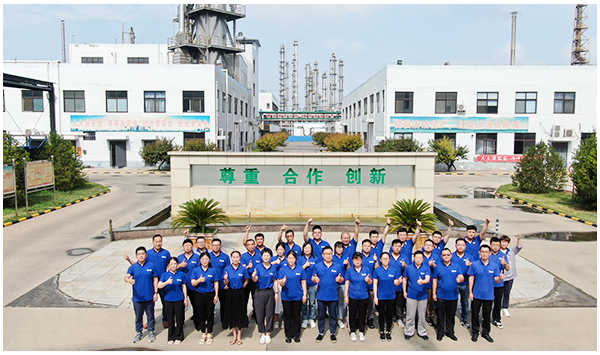
News
aug. . 04, 2024 00:48 Back to list
Top Micronutrient Solutions for Optimal Plant Growth and Health from Leading Manufacturers
The Best Micronutrients for Plants A Guide for Manufacturers
Micronutrients are vital for the growth and development of plants. They play crucial roles in various physiological processes, ensuring that plants can thrive in their environments. For manufacturers focused on producing effective plant nutrients, understanding the best micronutrients and their benefits is essential. This article delves into the top micronutrients that significantly contribute to plant health and productivity.
Essential Micronutrients
1. Iron (Fe) Iron is a fundamental component of chlorophyll and is crucial for photosynthesis. It aids in the formation of enzymes and helps plants to withstand stress. A deficiency in iron can lead to chlorosis, where the leaves turn yellow, significantly impacting plant growth. Manufacturers can enhance their nutrient products by including chelated iron, which is more readily absorbed by plants.
2. Manganese (Mn) This micronutrient is involved in several enzymatic processes, including photosynthesis and respiration. It also plays a vital role in the synthesis of amino acids and carbohydrates. Manganese deficiency can lead to interveinal chlorosis and stunted growth. Providing manganese in forms that are easily available to plants can greatly enhance the effectiveness of fertilizers.
3. Zinc (Zn) Zinc is necessary for the production of growth hormones and is essential for proper enzyme function. It contributes to DNA synthesis and protein production. Zinc deficiency often results in reduced leaf size and malformed leaves. Manufacturers should consider zinc sulfate or zinc chelates in their formulations to improve plant uptake.
4. Copper (Cu) Copper is important for several biochemical reactions and plays a role in chlorophyll synthesis and the overall health of plant tissues. It acts as a cofactor for enzymes involved in energy transfer. A deficiency in copper can lead to browning of leaf tips and poor root development. Including copper in the right chemical form can enhance its bioavailability.
best micronutrients for plants manufacturer

5. Boron (B) Boron is crucial for cell wall formation and stability. It assists in the movement of sugars and the growth of pollen tubes, thereby influencing plant reproduction. Symptoms of boron deficiency include poor fruit development and dieback of growing points. Manufacturers can incorporate boric acid or other boron sources in their products to prevent these issues.
6. Molybdenum (Mo) Though required in smaller amounts than other micronutrients, molybdenum plays a significant role in nitrogen metabolism, particularly in the conversion of nitrate to ammonium. A lack of molybdenum can inhibit plant growth and result in yellowed leaves. Including molybdenum in balanced fertilizers ensures optimal nitrogen usage by plants.
The Importance of Balance
While micronutrients are essential, they must be provided in a balanced manner. Excessive application can lead to toxicity and interfere with the uptake of other nutrients. Therefore, manufacturers should focus on creating well-rounded formulations that provide these micronutrients in appropriate ratios, considering the specific needs of different plant species and growth stages.
Conclusion
In conclusion, a successful approach for manufacturers in the agricultural sector is to develop plant nutrient products that effectively incorporate essential micronutrients like iron, manganese, zinc, copper, boron, and molybdenum. By ensuring that these nutrients are readily available and well-balanced, manufacturers can contribute significantly to plant health and productivity, ultimately supporting farmers in achieving higher yields and better-quality crops. Understanding the roles and requirements of these micronutrients not only benefits plants but also promotes sustainable agricultural practices.
-
Polyaspartic Acid Salts in Agricultural Fertilizers: A Sustainable Solution
NewsJul.21,2025
-
OEM Chelating Agent Preservative Supplier & Manufacturer High-Quality Customized Solutions
NewsJul.08,2025
-
OEM Potassium Chelating Agent Manufacturer - Custom Potassium Oxalate & Citrate Solutions
NewsJul.08,2025
-
OEM Pentasodium DTPA Chelating Agent Supplier & Manufacturer High Purity & Cost-Effective Solutions
NewsJul.08,2025
-
High-Efficiency Chelated Trace Elements Fertilizer Bulk Supplier & Manufacturer Quotes
NewsJul.07,2025
-
High Quality K Formation for a Chelating Agent – Reliable Manufacturer & Supplier
NewsJul.07,2025
